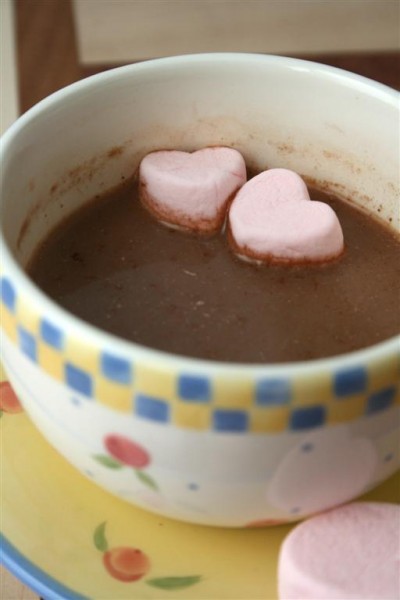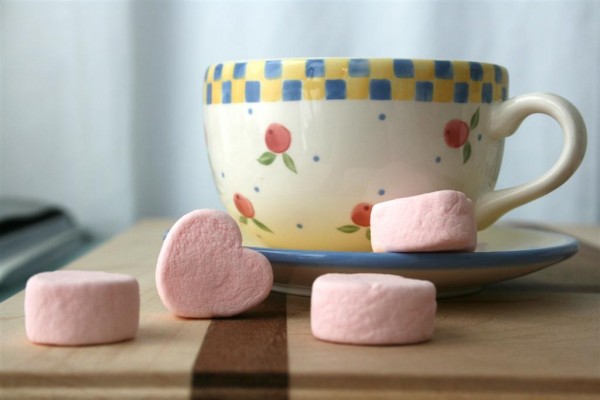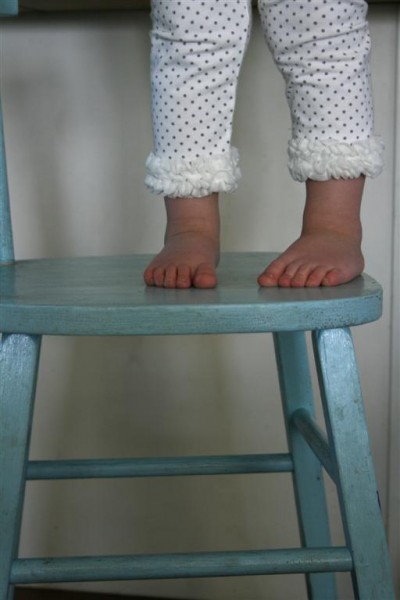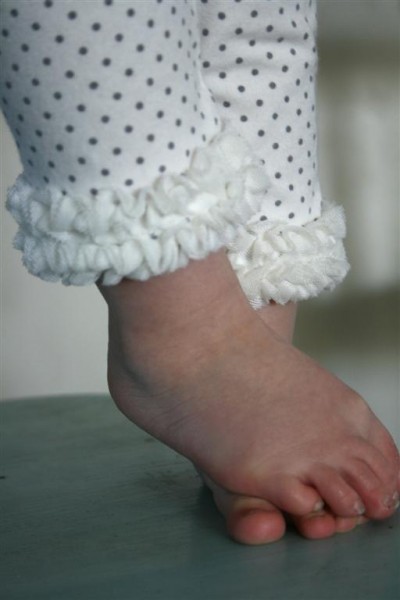I baked a cake on Monday. It was a recipe I’d never tried before and for some reason the rich brown batter in the bundt pan looked unusually pretty as I prepared to bake it.
Forty five minutes later the timer went off and I checked the cake. Looking good almost everywhere… except for one spot that had fallen. The hole looked deep and I wondered if it would turn out. Reminding myself that the recipe called for another ten minutes of baking, I closed the oven.
Ten minutes later the sunken spot tested fine and I removed the cake from the oven to cool. And for some reason my eyes kept moving back to it.
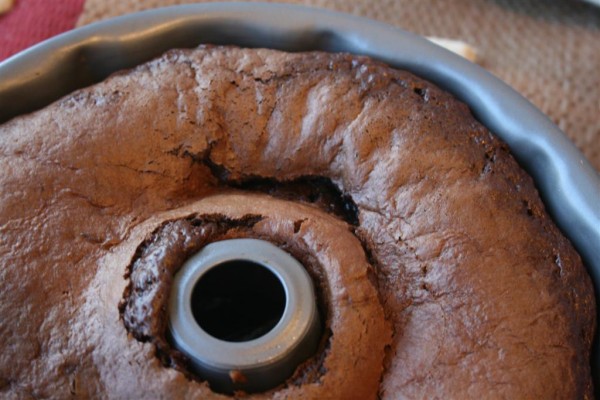
That sunken spot had created such beautiful texture on the cake, making me want to study it. Had it been perfectly smooth (as I planned and expected) there wouldn’t have been much to look at. I would have let it cool, inverted it and missed an opportunity to notice more.
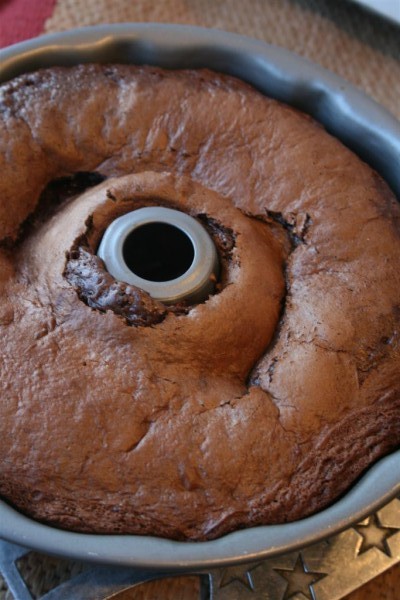
This momentary pause in my day to study a flawed cake with rapt attention and fascination got me thinking. Isn’t life like that too? We think we know how things should go and confidently mix together the ingredients and pop them in the day with high expectations. But sometimes the day (insert just about anything in place of “day”) doesn’t turn out how we hoped. Part of it falls, sinks, looks mushy. We eye it warily and hope it will turn out, which it usually does , but not how we pictured. What was meant to be is now flawed and too often we wonder at its worth, or our worth.
But it was the flaws that created my moment of beauty, not a perfect cake. It was the sunken area that made me want to look at it longer. And you know what, the same is true of people. The things we wonder at are the sunken areas that turn out, the areas that somehow come together in spite of adversity. There is beauty there, not the perfect kind but the kind that we earn as we go through life. The kind of beauty that follows faith, hard work, squaring your shoulders to do the best you can. It’s a beauty that also follows the valleys in our lives, the days of uncertainty, fear, worry and tear-stained faces. But because it’s one-of-a-kind, completely custom beauty, we marvel at it.
{Funny how we appreciate this kind of beauty in others but rarely welcome it in ourselves…}
Another thought hit me as I was wondering at all of this. I know people whose lives hold no visible evidence of any flaws whatsoever. Although some cakes have no flaws, we can be assured that all people do. We all have disappointments, fears, heartaches. It’s just that most of us manage to invert our cakes pretty well and come off looking normal.
And as for my worry about the cake, I needn’t have wondered. It looked beautiful and delicious {which it was, every single crumb of it} and my family had no idea it wasn’t “perfect”. So when we’re worried that our holes reveal too much we can remember that most of the time the flaws end up on the bottom and the best that is in us rises to the top. And it all turns out just fine.
{I suppose I should insert here that this is probably just a pep talk to myself, but I’m sharing it in case it might cheer you up, too. Sometimes I feel like I have some deep, ugly holes…}
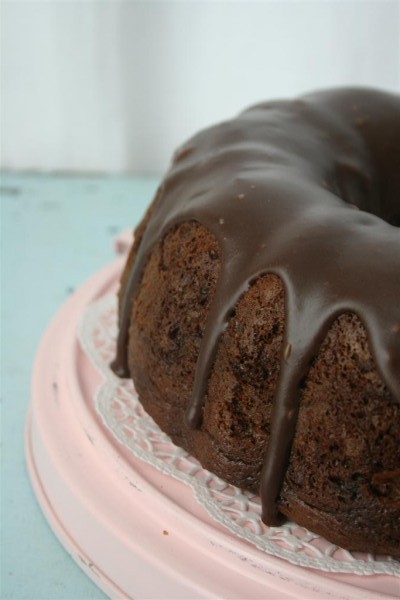
All this thinking reminded me of a quote I liked in one of my current reads:
“We mortals, men and women, devour many a disappointment between breakfast and dinner-time; keep back the tears and look a little pale about the lips, and in answer to inquiries say, ‘Oh, nothing!’ Pride helps us; and pride is not a bad thing when it only urges us to hide our own hurts – not to hurt others.”
-George Eliot, Middlemarch , published 1871
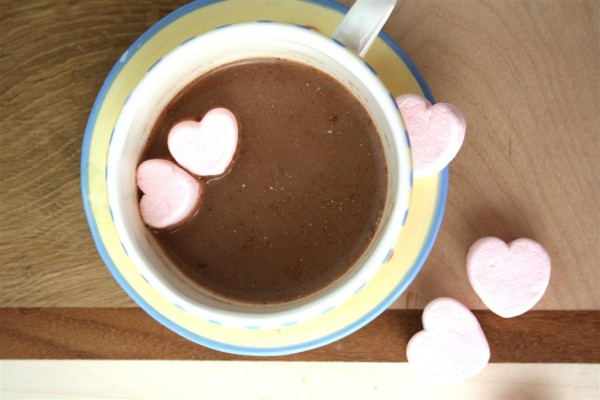
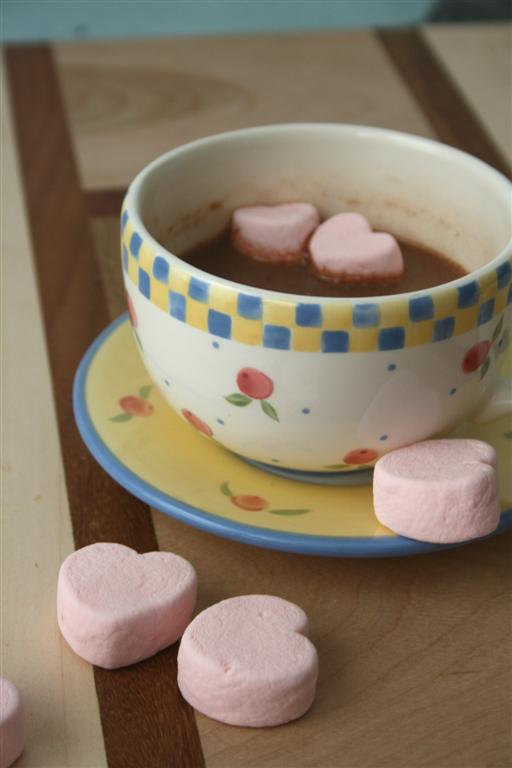 I feel like I’ve been studying a lot of big things lately, big things that leave me exhausted and trembling. It’s time to take a step back and study some little things.
I feel like I’ve been studying a lot of big things lately, big things that leave me exhausted and trembling. It’s time to take a step back and study some little things.